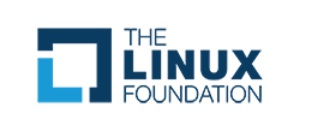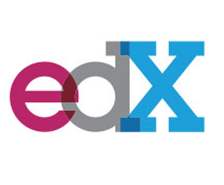| Kubernetes on Edge Training From Linux Foundation & CNCF |
| Written by Sue Gee | |||
| Wednesday, 05 May 2021 | |||
|
The Linux Foundation has expanded its portfolio of free-to-audit training courses on the edX platform. The latest one explores running compute in edge locations with Kubernetes and the open source tool K3s. There is a growing interest in running software at the edge. With this motivation, Introduction to Kubernetes on Edge with K3s is a new self-paced course from the Linux Foundation and Cloud Native Computing Foundation (CNCF) which takes a deep dive into the use cases and applications of Kubernetes at the edge using examples, labs, and a technical overview of the K3s project and the cloud native edge ecosystem. As in the case of its previous Kubernetes course, Introduction to Serverless on Kubernetes it is taught by the Linux Foundation and Alex Ellis, Founder of OpenFaaS and a CNCF Ambassador.
According to its edX description, the course is designed for those interested learning more about Kubernetes, as well as in deploying applications or embedded sensors in edge locations. By way of pre-requisites, you should be familiar with the Linux Operating System and know how to use common CLI commands to pass arguments, make use of configuration files, and to configure networking. Some prior experience with deploying applications to Kubernetes would be helpful and you need to be able to run Docker on your computer. The 10-week course, which takes about 15 hours to complete, enables developers to learn about the growing impact the cloud native movement is having on modernizing edge deployments. It covers:
Announcing the new course yesterday at KubeCon, its author Alex Ellis said: “K3s fills a very specific need and helps lower the barrier to entry for development and operation teams,I’ve seen the project grow from Darren’s initial post on Hacker News, to a GA, production-ready Kubernetes distribution housed within CNCF. I’m excited to share this course with the community and customers alike, and am looking forward to seeing increased use of Kubernetes at the edge.” Auditing the course is free of charge. However if you want to take the final exam or want extended access to it (i.e. for a full year rather than 10 weeks) you need to upgrade to the Verified Track. This has the benefit of a certificate that can be posted on LinkedIn or added to your resume or CV on successful completion of the course. In the case of Introduction to Kubernetes on Edge with K3s the cost is $149 but you can save 15% (down to $126.65) by upgrading within 7 days of enrolling. More InformationIntroduction to Kubernetes on Edge with K3s Related ArticlesLearn About Serverless with The Linux Foundation on edX Over 1 Million Enrollments For Intro To Linux on edX Professional Credentials For Computer Science Careers To be informed about new articles on I Programmer, sign up for our weekly newsletter, subscribe to the RSS feed and follow us on Twitter, Facebook or Linkedin.
Comments
or email your comment to: comments@i-programmer.info |
|||
| Last Updated ( Wednesday, 05 May 2021 ) |




